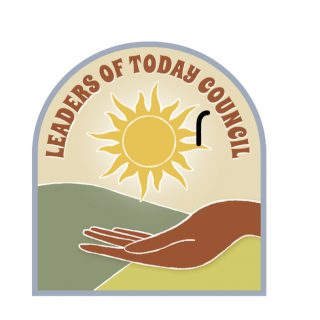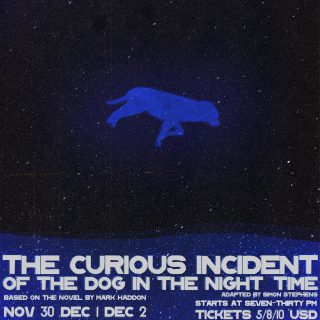Women in STEM: Computer science club

According to Scientific American, only 20 percent of computer science undergraduate degrees in the United States go to women.
Women make up only 34% of the workforce in science, technology, engineering, and math (STEM), demonstrating how the exclusionary and hostile culture of these fields contributes to women missing out on lucrative and high-status career opportunities.
ARHS senior Kyla Dorrie-Burgoyne believes creating more inclusivity and opportunities for women in the workplace begins in high school, which is largely why she decided to start the ARHS Computer Science Club.
“I wanted to create an environment where people with shared interests in computer science could have fun, thrive, learn, and make friends. I also wanted to create an inclusive environment with project opportunities for women and POC in STEM as well,” said Dorrie-Burgoyne.
Dorrie-Burgoyne first learned about computer science and became interested through her friends and the UMass Turing Summer Program. “In the program, I got to learn about basics in programming, programming languages like GML, Python, and Javascript, and the programming projects of professors which had to do with societal good and health,” said Dorrie-Burgoyne.
She also explored her passion for computer science by taking a Foundation of Programming course at Greenfield Community College and AP Computer Science Principles and Programming 1 and 2 at ARHS, taught by Computer Science teacher Ned Young, who is also the club advisor.
Aside from being the computer science club advisor and teaching AP CSP and programming courses, Young also teaches web design, and in his free time is creating “an app for the birds, wildflowers, and butterflies of Cape Cod.”
Like Dorrie-Burgoyne, Young also emphasizes project opportunities as a motivator for starting the computer science club and becoming the advisor. “I wanted students to have a student-run club so they can pursue project ideas, especially group projects,” said Young.
According to Dorrie-Burgoyne, the club begins each meeting “with a circle, and then we go around and discuss what projects we want to work on and what we are currently working on. This can include independent or collaborative projects.”
Current sophomore and vice president of the computer science club, Delany Cheng, who joined the club after discovering her interest in technology through a Smith College engineering and computer science camp, notes that her favorite part of the club is the collaborative projects. “We can all talk about our similar interests in computer science. There wasn’t really a space at ARHS like that before for students except for in computer science classes,” said Cheng.
An ongoing project for the computer science club is making 2D platformer games in GameMaker, a series of cross-platform game engines created by Mark Overmars in 1999 and developed by YoYo Games since 2007.
The club also occasionally utilizes Replit, an online integrated development environment that allows users to create projects called Repls.
Some future goals and projects the club hopes to accomplish include recruiting more members, collaborating with an organization at UMass Amherst, where “students assist the elderly in learning and managing simple computer skills computer skills and software tasks” and “making a significant contribution by assisting the school in making edits and updating the ARHS website.”
As Dorrie-Burgoyne prepares to graduate in less than four months, she hopes to leave a legacy at ARHS by introducing a “welcoming computer science club where underclassmen and future generations of students can come for support in computer science and continue working on their skills.”
She also hopes to pass on the club’s goals and future to Cheng, who like Dorrie-Burgoyne, has an extensive background in computer science, having taken rigorous STEM courses, web design, and computer programming classes at ARHS.
When it comes to the topic of barriers and challenges for women in STEM, Dorrie-Burgoyne and Cheng also had a lot to agree on.
When asked to speak on her personal experiences, Dorrie-Burgoyne said she has largely felt encouraged. “Luckily, I haven’t really faced any significant barriers or challenges as a woman in STEM at school or in any of the programs I have been in,” she said. “However, I do know that people always make assumptions. They think that as a woman you aren’t as capable of performing as well as a man in the computer science field. That makes it much harder to speak up because you might feel like you are more easily judged or less than your peers.”
Cheng also spoke to the assumptions made by others, as well as the message she believes the computer science club sends to the student body. “I have noticed in some computer science classes at the high school that there is definitely an uneven mix, meaning more guys than girls,” she said. “People have this general belief or stereotype that women don’t belong in computer science. So women as leaders in this club and this subject is a gentle way of shutting down those beliefs and expressing that women can be leaders and can be successful in the computer science world.”
Cheng also expresses that “joining the club would be great because we don’t have many people, and more people joining would be helpful for the club’s existence. There is also something for everyone there too, whether you are advanced or a beginner.” Young echoes this sentiment. “The club is open to all. We try to find projects and activities where everyone has at least some small way they can contribute.”
The computer science club meets in room 202 every Wednesday during flex block.














